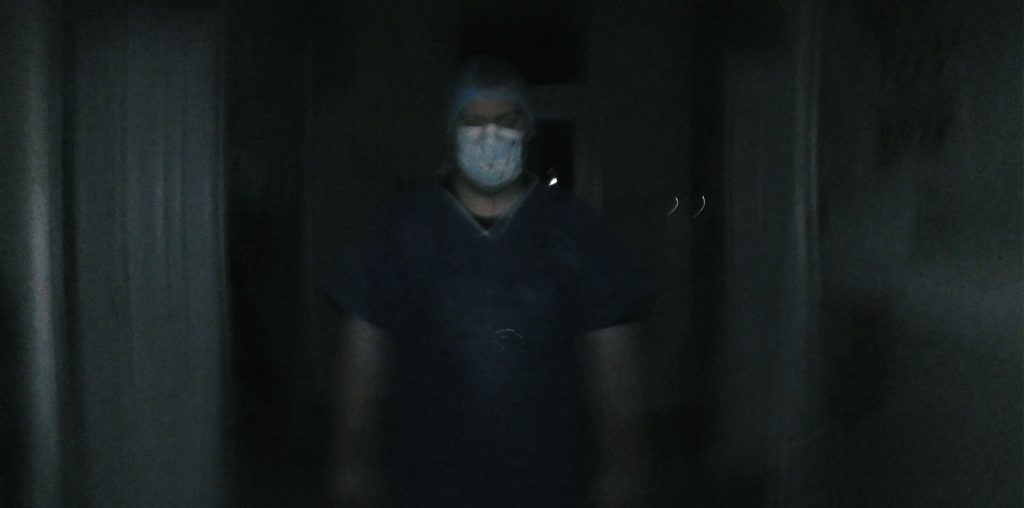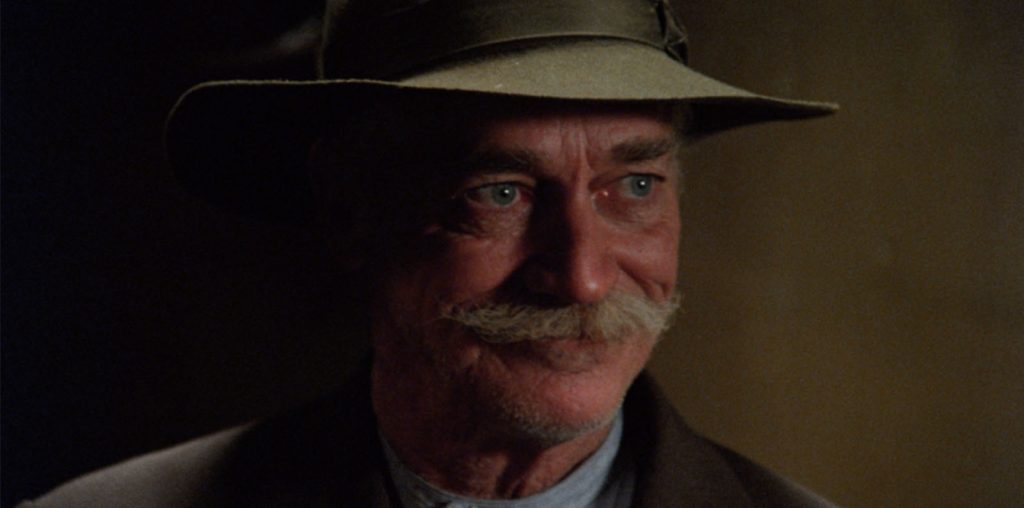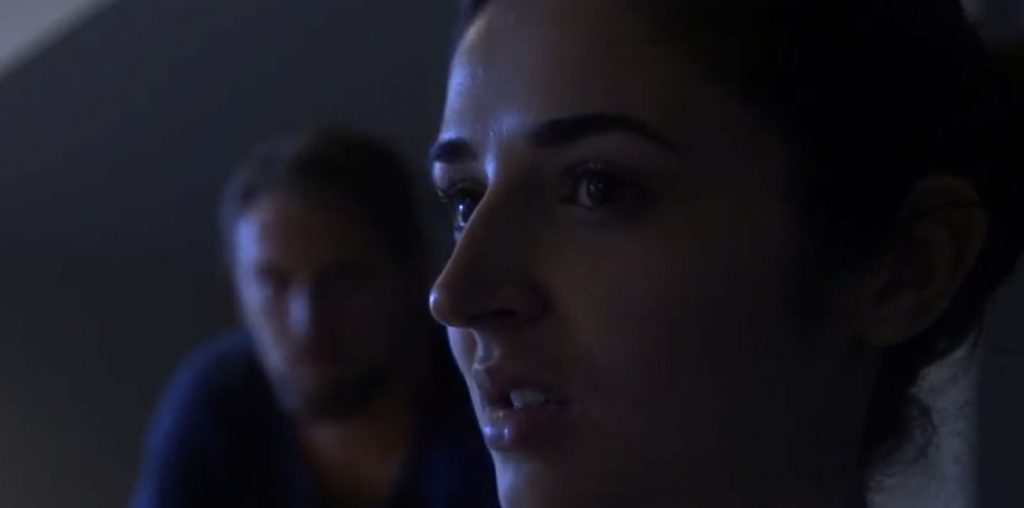
The idea of time travel and alternate realities has been a theme in science fiction for well over a century, if not much longer — in 1889, Mark Twain wrote A Connecticut Yankee in King Arthur’s Court. Where Twain’s Yankee winds up in Medieval times to battle the Catholic Church, Liz Anderson and Wylie Herman’s The Tolls is set near the tail end of World War II, at the Presidio in San Francisco. Here our hero battles a Nazi who has infiltrated the U.S. military base.
Our hero is U.S. army corporal Wes (Wylie Herman) stationed at the Presidio and mourning the death of his wife, Sadie (Kelli Shane), who was lost at sea. With a gun in his hand, Wes considers joining her until the arrival of fellow officer Tony (Anthony Veneziale), who gently takes the gun from Wes’ hand.
As the duo heads back to barracks, they spot a gentleman filming the Golden Gate Bridge, and when asked for his credentials, the mysterious man fires at Wes and Tony. Fortunately for Wes, the radio he was carrying blocked the bullet. Tony doesn’t fare so well. Wes chases the gunman, Hans (Anthony Cistaro), to a small bunker. After a “minor” explosion, the two are thrown into a different reality—a San Francisco occupied by Nazi Germany. Hans, of course, prefers this reality over the other.
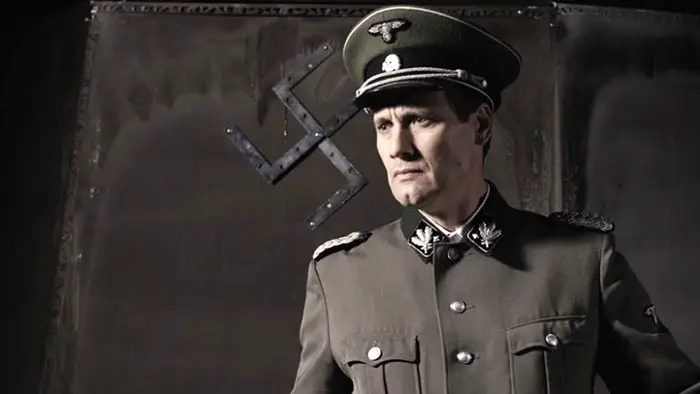
“…the two are thrown into a different reality—a San Francisco occupied by Nazi Germany.”
The story of The Tolls is fascinating. In one reality, the Nazis have discovered the immense power of nuclear fusion, and using that technology the bunker becomes a portal for dimensional travel. Anderson and Herman’s story shifts between alternate outcomes of the war as versions of Wes and Hans try to make sense of it as only someone from the 194s could.
The Tolls is a low-budget sci-fi short, and having almost no money served as a challenge to the filmmakers. They had to tell a big story with essentially three main actors, period costumes, standard WWII props, and some off-the-shelf special effects. The big reveal is told in exposition. It’s a barebones production that could have used a few extra million dollars. The overall piece looks and feels low-budget, but Anderson and Herman tell a good story nonetheless, nicely meeting the challenges indie filmmakers face.
Its strength is in the narrative. The Tolls could have easily been an episode of The Twilight Zone with a fresh take on the multiverse trope and tackles it from an interesting human point of view. The story shifts focus from how to use the tech to win the war to a more urgent issue of the characters finding a way to survive in a timeline that makes sense for them.
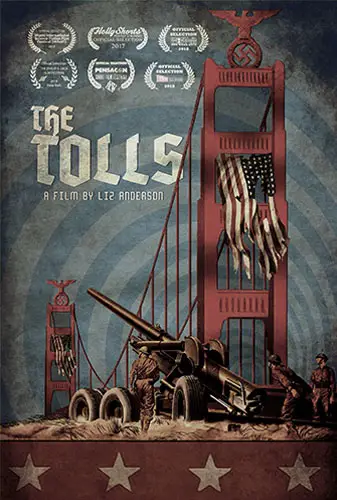
"…fresh take on the multi-verse trope and tackles it an interesting human point of view."
